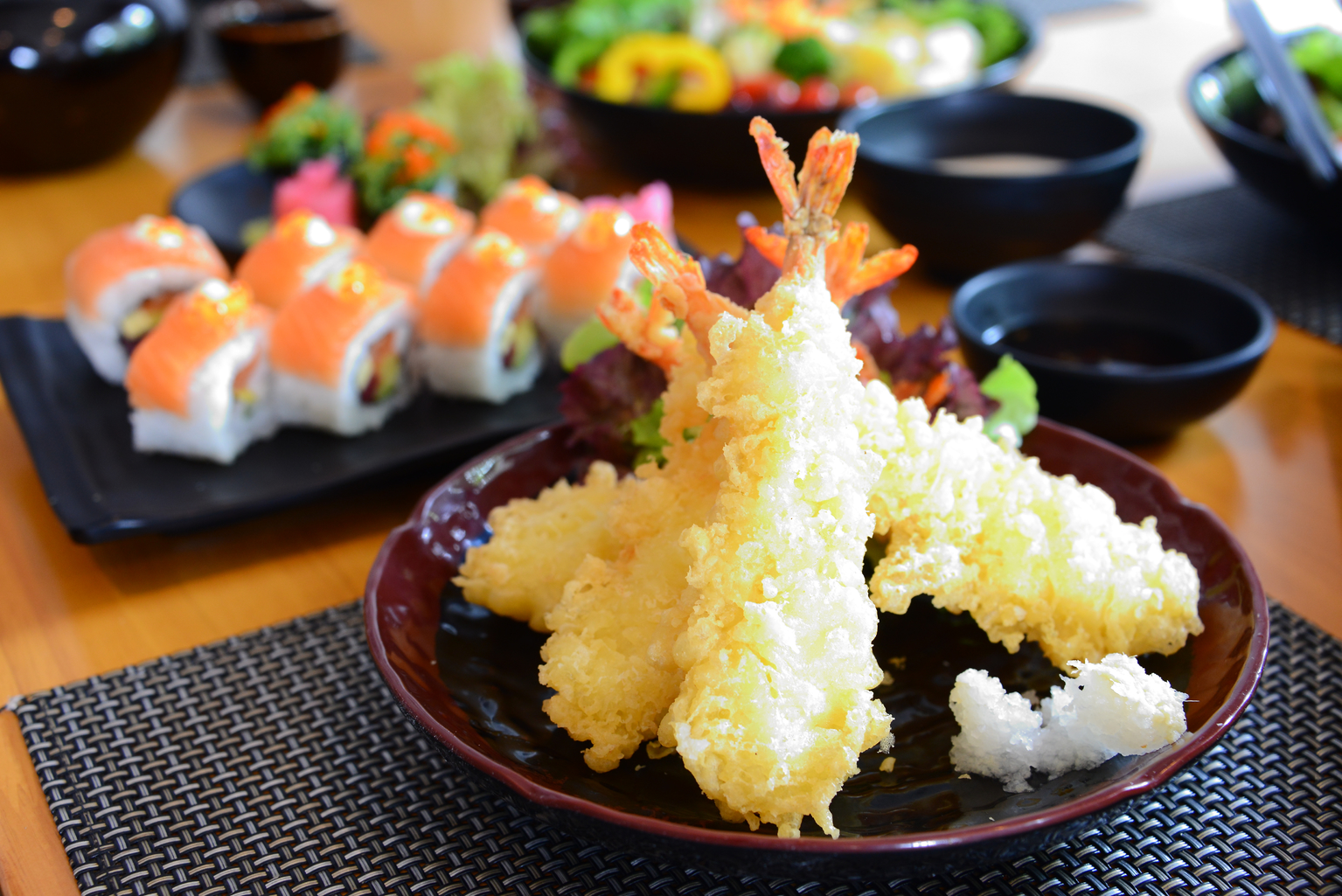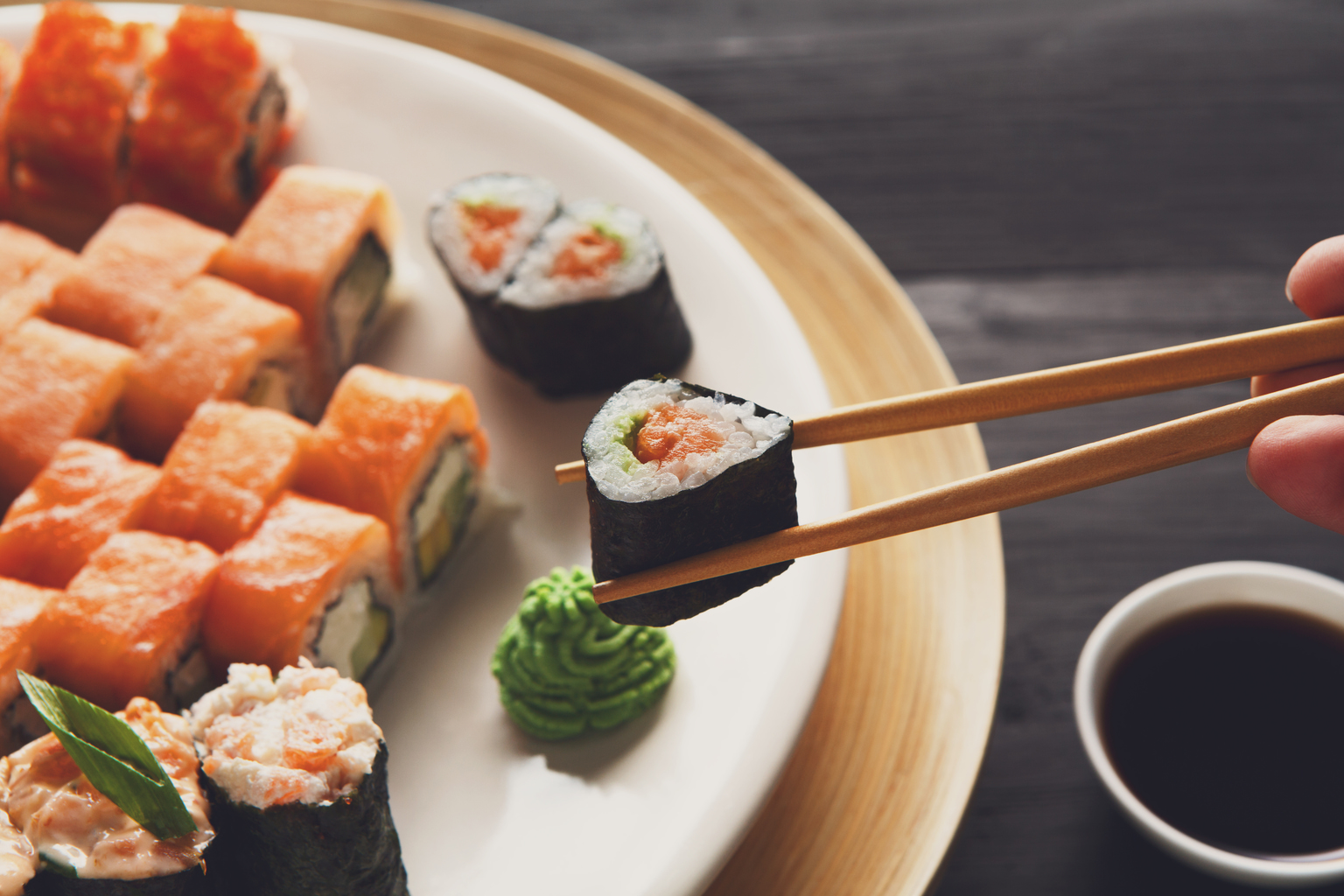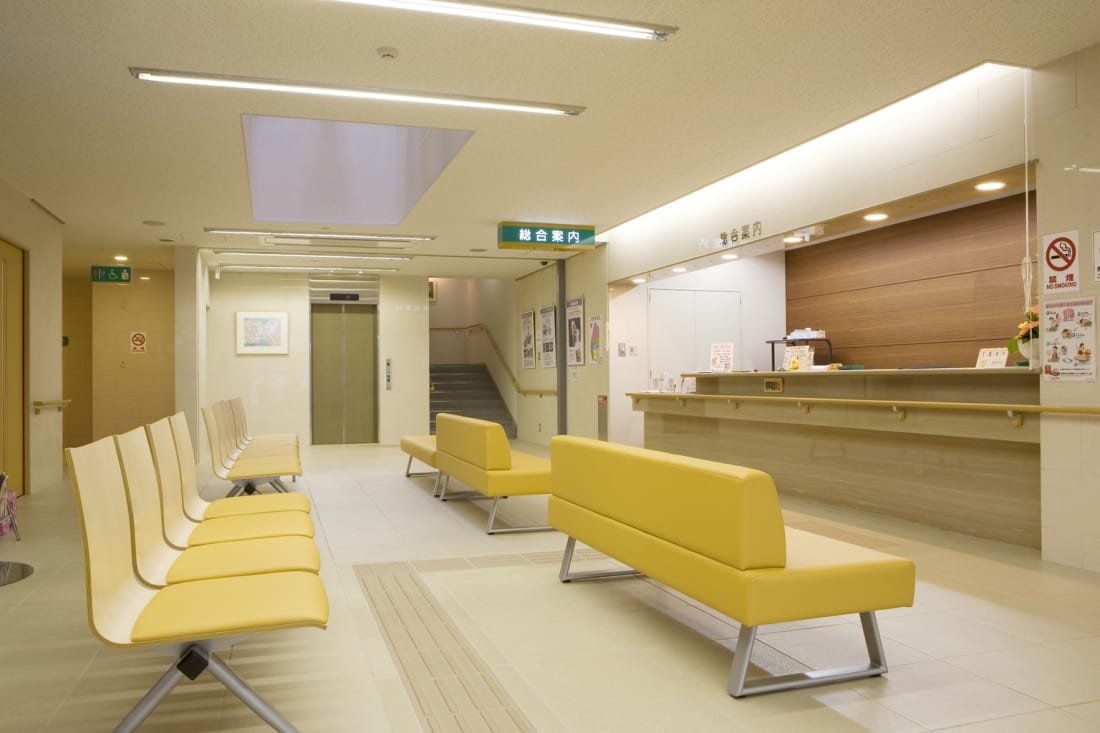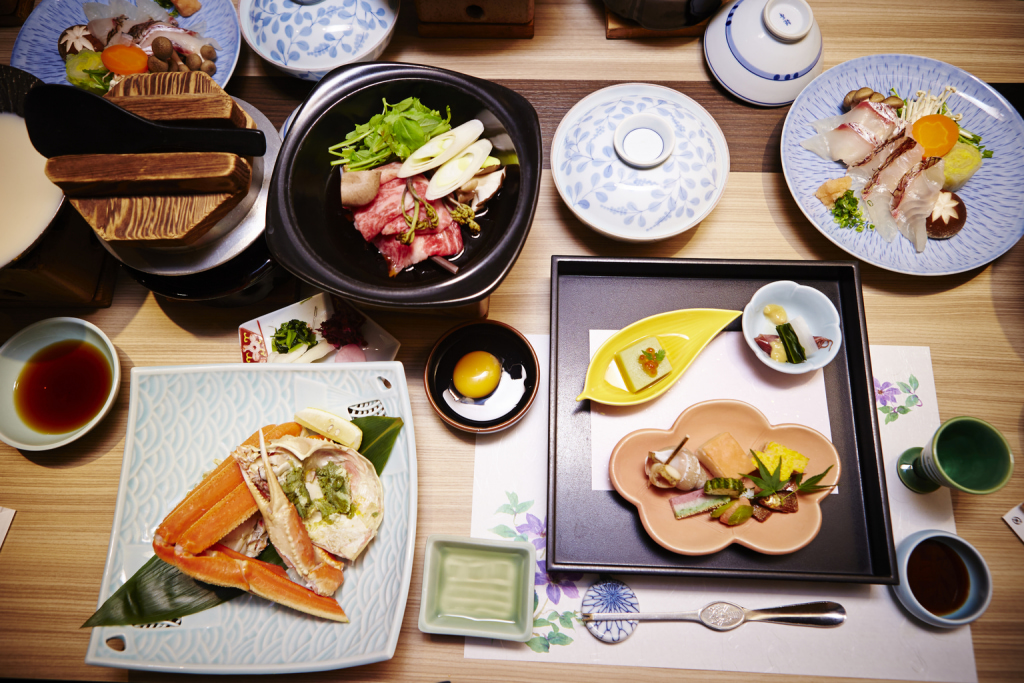Traveling to a new country with food allergies can be scary. Add the language barrier, and it might even seem like a bad idea. If, like me, you come from North America, chances are that in your home country restaurants are well prepared and can tell you exactly what’s going into every meal. When in Japan though, get ready to be thrown into complete oblivion.
It’s only in the last couple of years that restaurants in Japan started identifying potential allergens on their menus. But despite these efforts, the system isn’t perfect and doesn’t apply everywhere. Restaurant chains are usually good about keeping customers informed, and while you could rely on them completely, you’d be missing out. Hitting local spots is the best way to get familiar with authentic cuisine and to enhance your experience of Japanese culture. You’ll be on your own when it comes to what ends up on your plate, but here are some things you can do to make your life easier.

Consult Your Doctor Before Leaving for Japan
If you can’t remember the last time you consulted an allergist, go ahead and make an appointment before boarding the plane. It is said that you can grow out of allergies, just like you can develop new ones. While you’re there, ask about the different types of allergic reactions, how to identify and respond to them. You can never be too savvy when it comes to keeping yourself alive. For the lucky ones staying in Japan for a year or more, consider taking an allergy test in Japan too.
Those diagnosed with having severe allergies will be prescribed an EpiPen. Travelers flying internationally are usually allowed to pack up to two in their carry-ons. Make sure they won’t expire during your stay. This goes without saying, but have one with you at all times, especially during the first week or so when you might not know what you can and cannot eat.
Any other prescribed medication that you need to bring in larger quantities (more than three months’ worth) will require a yakkan shoumei (click here for a thorough Q&A on the application procedure), a certificate that states you are allowed to bring certain drugs into the country for personal use. It’s free, you can do it by email and it takes about three days.

Prepare to Navigate Japanese Restaurant Menus
Now that you know what you’re allergic to, it’s time to research Japanese cuisine, as well as any local specialties you might encounter on your travels. Get to know Japanese ingredients, what they can look like and how they can be prepared. Learn how to read and say them in Japanese, but dietary cards like this one can be useful if language learning isn’t your strong suit. Hotel concierges can even help you write them.
Japanese restaurants, especially outside of Tokyo, aren’t used to people having food allergies. Chances are they won’t be able to give you a clear answer on whether there are or aren’t traces of shrimp in the broth. They don’t, and they can’t, know the severity of your allergies. Doing a bit of research beforehand helps them help you.

Know Where Your Hospital Is
Finally, know your area and identify where emergency clinics and hospitals are. Save or label them on Google Maps. Luckily, Japan has a lot of hospitals and clinics. Not so luckily, they have office hours and they only stay open overnight a couple of times a month. Keep yourself informed about which one is on rotation. To look that up, simply write the city you’ll be staying in followed by 医師会 (read ishikai, or “clinic”). Once you’re on the website, look for 救急医療情報 (read kyukyuiryou jouhou, or “emergency medicine information”). They’ll usually have a local number you can call, and maybe even a list of referral numbers for specific types of emergencies. You should be looking for アレルギー (read arerugi, or “allergies”) here. If need be, don’t hesitate to ask a Japanese friend, acquaintance or roommate to help you.
Updated On June 7, 2021








